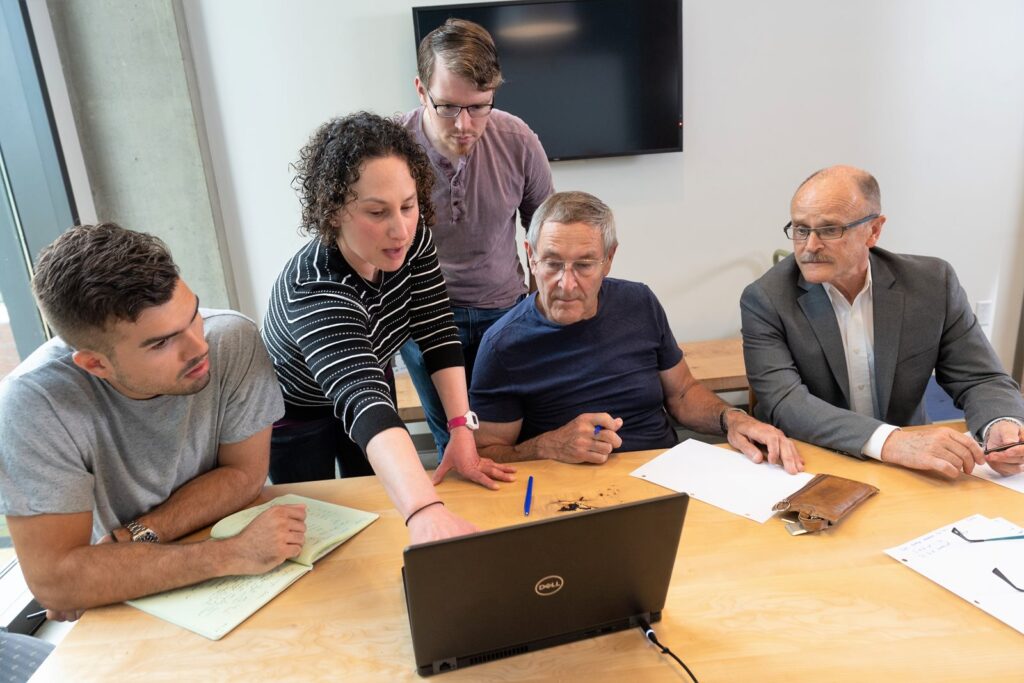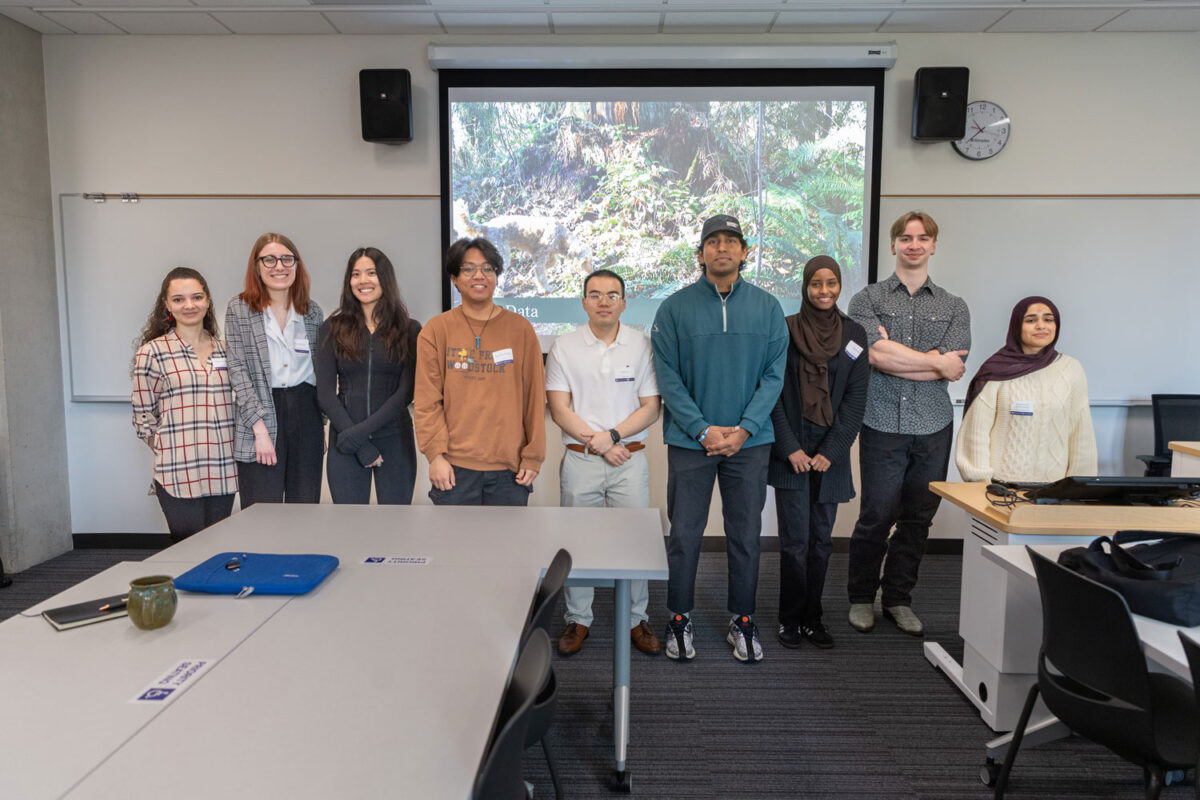
BOTHELL, Washington — The University of Washington Bothell is helping develop a disinfectant to reduce the foul odor of latrines. More than a superficial air freshener, the goal is a product that would increase the use of pit toilets by making them less offensive. This could improve sanitation in developing regions of the world where defecation in the open air spreads disease.
The National Institutes of Health awarded a $100,000 grant to Lori Robins, associate professor of chemistry, for research using hypochlorous acid produced by Briotech, a Woodinville, Washington, chemical company.
For many Americans, talk of latrine odor draws embarrassed laughs about a funny smell in the restroom down the hall or an unpleasant experience at a hiking trail outhouse. For billions of people in the world, it’s not a laughing matter. The World Health Organization (WHO) reported that in 2015, poor sanitation was believed to be the main cause of 280,000 deaths in countries where open defecation is widespread.
“This could be something that changes the world,” said Robins, a faculty member since 2013 in the Physical Sciences Division of UW Bothell’s School of Science, Technology, Engineering & Mathematics.
In work that began this summer, Robins’ research group hopes to show that the chemical spray can combat four stinky compounds in a latrine’s headspace. In addition, they hope to show the aerosol inactivates noroviruses responsible for gastroenteritis, vomiting and diarrhea.
This research continues a UW Bothell partnership with Briotech and particularly Jeff Williams, its chief science officer. In 2016, Robins and two students were co-authors on a paper that showed that Briotech’s hypochlorous acid destroys prions, the abnormally folded proteins behind neurological illnesses such as mad cow disease and Creutzfeldt-Jakob disease.
Hypochlorous acid is naturally produced in white blood cells to fight infections. Briotech uses an electrochemical process to manufacture a pure form of the chemical it says is more stable than similar products on the market. It has a mild chlorine smell and is sold as a skin care treatment.
By the end of the first year of the two-year grant, Robins hopes to have the results of tests on the four compounds: indole, butyric acid, dimethyl trisulfide and para-cresol. Robins’ research group is analyzing the commercially available compounds by gas chromatography–mass spectrometry.
Indole smells a “little perfumey” at very low concentrations, said David Shur, a senior Chemistry major. At higher concentrations, “it’s the essence of poop.” Butyric acid smells like sour vomit, said Joseph McKinley, a senior in Biochemistry. And para-cresol brings to mind that feeling people have after they realize they’ve stepped in dog-doo, he said. Dimethyl trisulfide is said to have the sulfurous smell of rotten cabbage.
Also part of the team are Scott Meschke, a professor of Environmental and Occupational Health Sciences at the UW Seattle campus, and doctoral student, Erika Keim. They are testing how well hypochlorous acid inactivates noroviruses.
The chemical can be affordably produced in volume, and it might be sprayed in a latrine with a solar-powered fogger or spritzer, said Briotech founder and CEO Dan Terry, who is ready to build a test model in a portable toilet.
Unlike some aspects of chemistry, latrine smell research is relatable to everyone, said Shur, who would like to continue research in graduate school in the future.
“It’s been really beneficial in terms of helping me figure out what I want to do with my career, my future,” added McKinley, who also eventually wants to pursue postgraduate education.
The youngest member of the team is Evelyn Yang, an Inglemoor High School student working with the Robins group as part of the Pacific Science Center’s Discovery Corps youth development program. She now knows how to operate a gas chromatography–mass spectrometer and is more interested in a chemistry education.
For Briotech, Williams said it’s a pleasure to be a part of bringing science to bear on a real-world problem. Partnering with UW Bothell “gives legs to theory,” added Terry. “It makes it meaningful and real for both of us.”
Robins agrees it’s a worthwhile collaboration.
“I think my group has elevated the science behind their product, and I think Jeff has opened our eyes to different applications and thinking about problems and how to solve them a little bit differently.”


